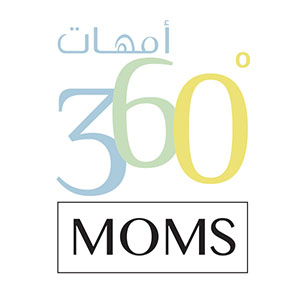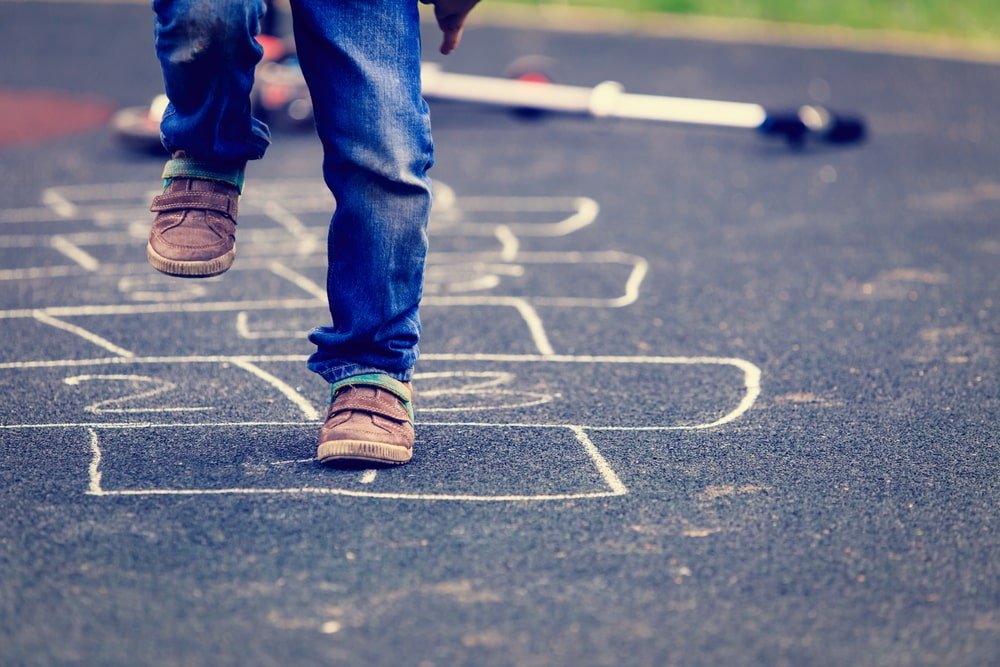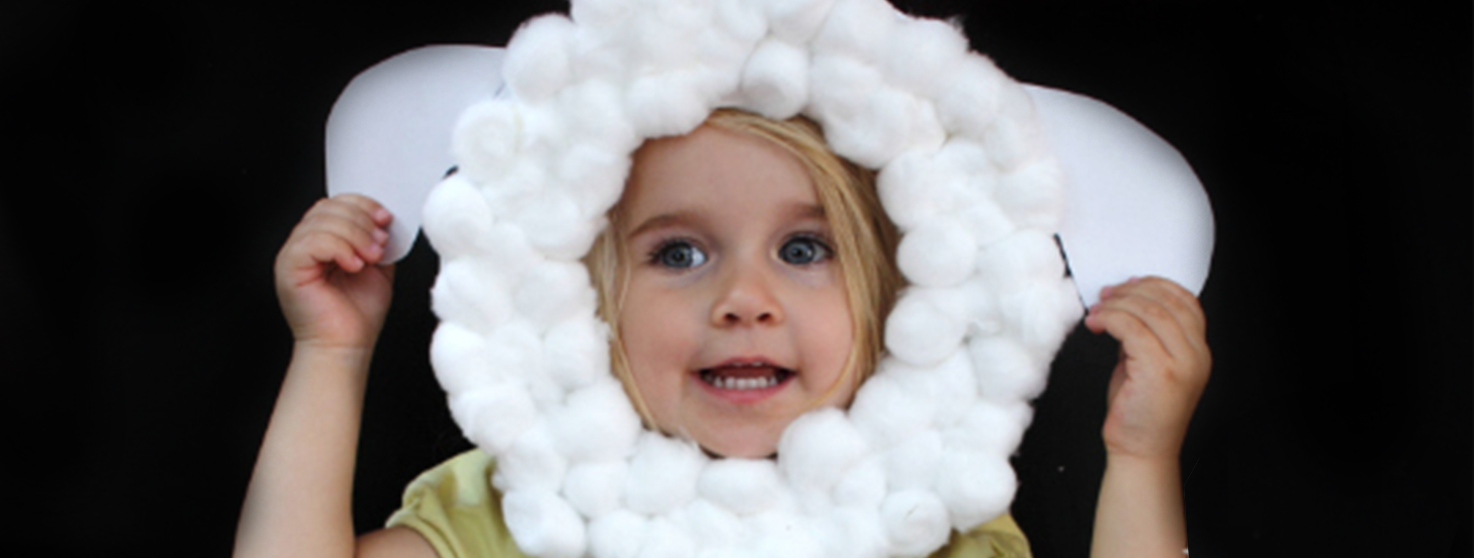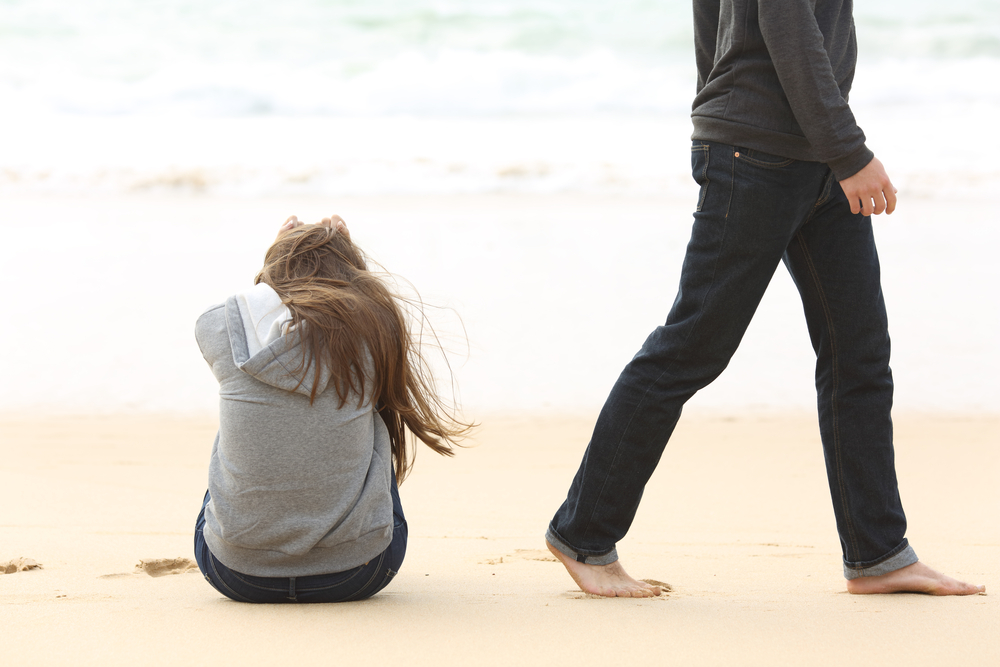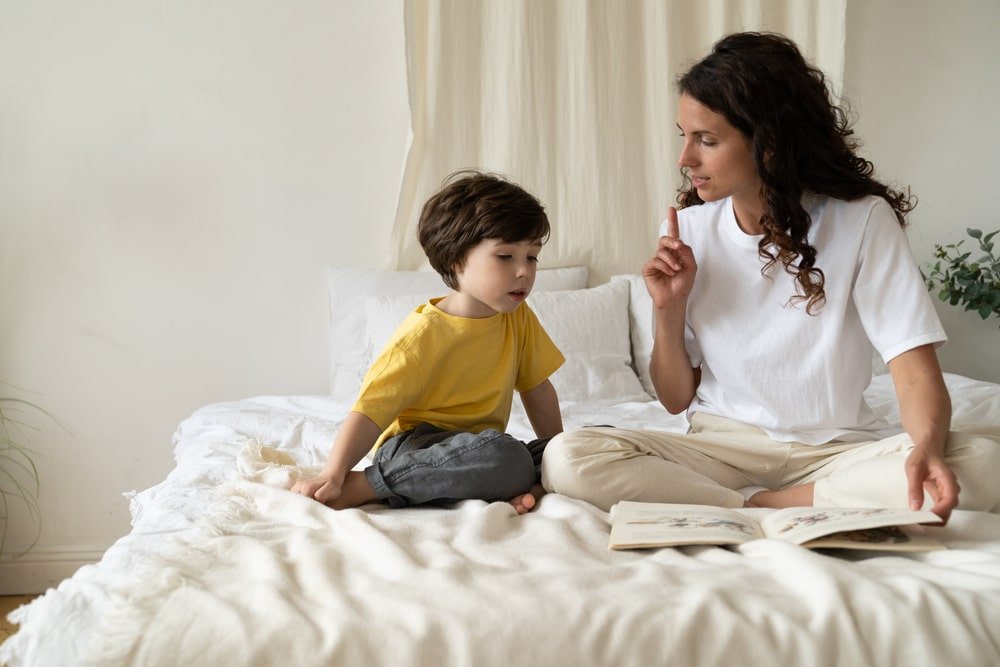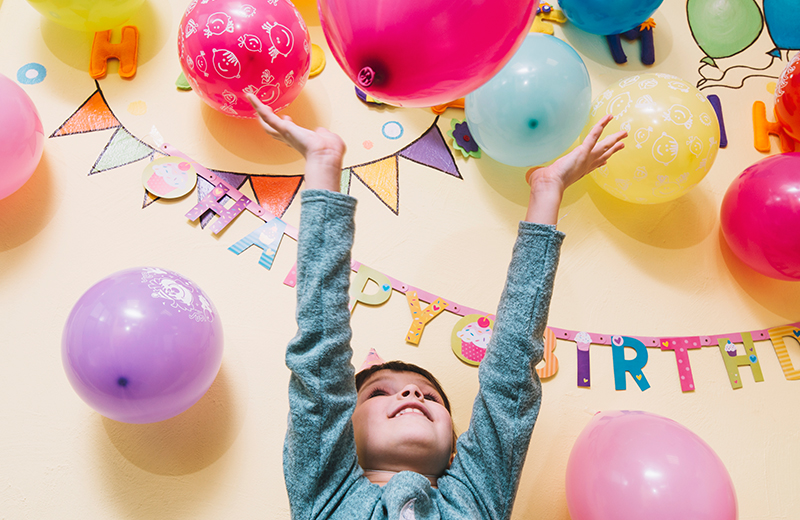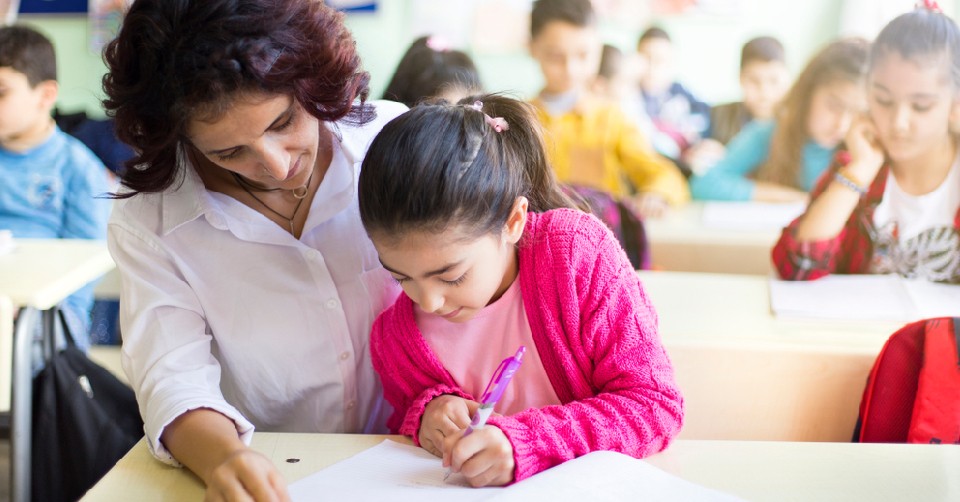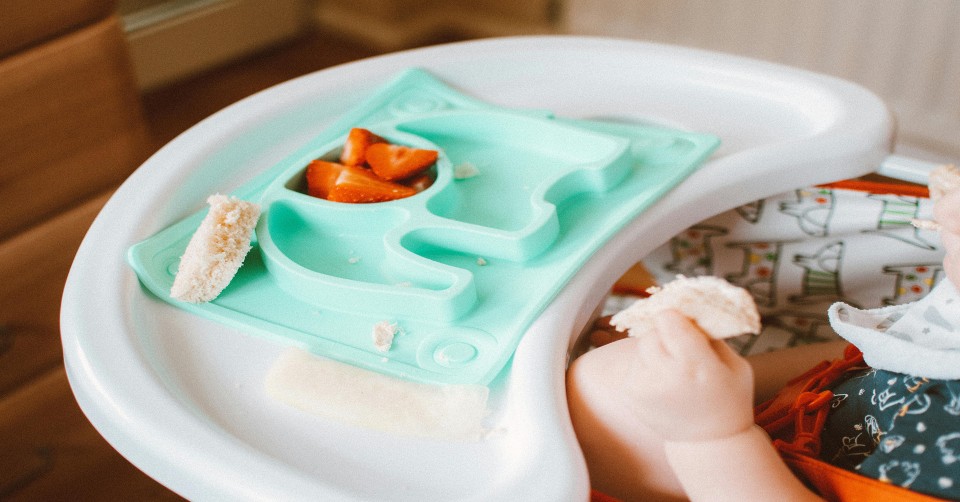Interviews
Bronwen: Motherhood changed everything for me

Book Age:
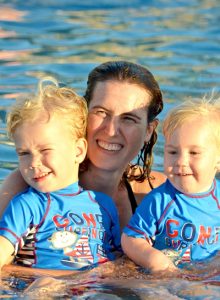
Bronwen Seal talks to us today about her experience in parenting and motherhood while traveling and living in many places in the world with her husband and children, and how she ended up living in Amman and starting a breastfeeding support group on Facebook, and how her childhood passion for music was reignited in adulthood leading her to teach children and parents how to learn, grow and have fun with music.
It must be challenging to keep changing your home every few years, what have you learned from constantly traveling around the world?
It certainly is! Finding a mums’ community is by far the most important thing for in terms of being able to settle into a new place. Mums face the same challenges wherever we are and as an expat mum, my “family” are fellow mum friends – we support each other through new babies, changes in our lives, in settling into a new place, and saying goodbye to other friends as they move on. My husband travels a lot with his work too, so having the support of other mums is even more important.
Mothers in law here also have more power and influence here than in Australia, which I think presents some different challenges particularly in relation to a woman’s own power to make decisions for her family based on her own beliefs and convictions.
Living in Jordan for a few years now, what's your perception about mothers in Amman?
Mums in Amman face the same challenges we face everywhere! Worries about breastfeeding, babies’ sleep, and as they grow, how to enrich our kids and provide opportunities for them to help them to grow and develop into happy and healthy little people. Decisions about education, how we will pay for it…it’s all the same! We all want the best for our kids. That said, there are some interesting cultural differences, for instance in terms of bedtime! Mothers in law here also have more power and influence here than in Australia, which I think presents some different challenges particularly in relation to a woman’s own power to make decisions for her family based on her own beliefs and convictions. One of the struggles I have had here personally is the lack of part-time preschool options for our boys here in Amman. I find two years old to be really young for kids to be in five-days-a-week preschool. However, because it’s what most families here do, the playgroups don’t have many kids over two and a half in them. This year our youngest will be two and a half when the school year starts, we are keeping him home this year and need to make sure he has enough activities that keep him learning and developing and with kids his age, where parents can also be included. This supports my own beliefs around attachment parenting and the importance of helping kids to develop independence from the security of environments where they feel safe, with a caregiver who is their “base” from which to explore that independence.
Knowledge and training in breastfeeding for medical professionals in Jordan is minimal at best, and often outdated. This can cause lots of problems for mums who are wishing to breastfeed but not getting the support they need in order to achieve these goals.
You co-founded the group (Breastfeeding in Jordan) over a year ago which has over 2000 users mainly from Amman, what triggered this decision? and how has it made an impact on mothers? did you get any negative feedback?
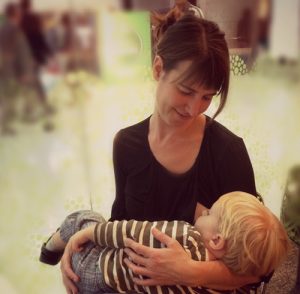
We have had overwhelming support for the group, it was such a needed resource for mums here in Jordan and indeed Jordanian mums all over the region. It was prompted by the fact that we were seeing more and more women seeking advice on other parent groups in Jordan, with a very mixed quality of advice. There was such a need for mothers to get good quality information and honest open support in a safe forum, where they would not be judged nor given incorrect advice. The kind of support mothers can give other mothers is really unique, and the knowledge and experience we have as a group are truly amazing! Knowledge and training in breastfeeding for medical professionals in Jordan are minimal at best, and often outdated. This can cause lots of problems for mums who are wishing to breastfeed but not getting the support they need in order to achieve these goals. This is why the need for such a support group is so important in Jordan (although it has a place in other countries too where the support from professionals is greater). The number of times I have heard or read of women being told in the hospital: “Your baby is hungry, you need to give formula before your milk comes in”; “You don’t have enough milk, you need to supplement”; “Your baby is waking frequently because your milk isn’t enough, you need to supplement”. This kind of advice can be disastrous for establishing a good milk supply and gaining confidence for a mother really wanted to breastfeed. Word of mouth has played an important role in making the group so popular among mums in Jordan. The fact that we have been able to encourage mums and give them good advice and emotional support at such a vulnerable stage in their lives has given the group a good reputation, meaning more and more mums want to join. The impact on mums has been really amazing. We try our best to follow up with new mums who are having a hard time, and see how their journey is going as time goes on. One year on, mums who a year ago were themselves struggling with establishing supply, latching challenges and the challenge of early return to work, are now in the position to support and advise other mothers – what an achievement!
What do you think are some core differences between how Australian women and Jordanian women view breastfeeding?
I have not parented for any length of time in Australia, so my experience is more from my own family, which was always very pro-breastfeeding. Commonly mums here worry a lot about their milk supply, which is often made worse by other women in their family, some of whom definitely think that babies should be sleeping through the night from a very young age and that a mother’s milk is not enough. This is simply not true! Most mums can make enough milk to nourish their babies, it is a rare mum who can’t. I never had a lot of milk but I always had enough as I understood the concept of supply and demand, was prepared to put my baby back to the breast to respond to crying even if he fed only 30 minutes before, and to be led by my child. In Jordan, many mums believe that babies need to be on a schedule from a young age, which can prohibit a healthy supply if the breast is being refused when the baby is asking for it. Babies’ feeding and sleeping patterns are not predictable and go through many phases. Unfortunately here this is not the dominant view. Women often feel that if their babies are not sleeping through the night, then their milk must not be enough. This is untrue, but it’s a hard attitude to change. I think the attitudes around this in Australia are a bit different, which may be due to the fact that women there get much more institutionalized support in the early days than they do here. Breastfeeding in public is another area where attitudes differ. Many mums here really worry about this (as did I when we first moved here) and therefore end up giving their babies bottles (of pumped milk or formula) when they are out, which really saddens me and again can affect the establishment of a successful breastfeeding relationship. Breastfeeding in public in Australia is very commonplace, and there are laws to ensure a woman’s right to breastfeed wherever she wishes. Indeed I have and continue to breastfeed anywhere here in Jordan, but I know that many mums are not comfortable to do this even though those of us who do have never faced any comments or problems in this regard. In Jordan, many women also return to work after three months, which presents huge challenges to breastfeeding mums! I know many women who have successfully continued breastfeeding, making a huge commitment to pumping whilst working, but it’s hard work and requires a lot of dedication on their behalf. I have been very lucky not to be in this position myself, the flexibility of my work is unusual here and I feel grateful every day for that.
Tell us how you started "Kindermusik" classes? and why did you choose music classes for kids in particular?
I am a musician, raised by musicians. When we were living in Nairobi, Kenya, our oldest son was 18 months old and I really wanted to be able to take him to early childhood music and movement classes, which we had been attending previously in Melbourne and Phnom Penh. There was nothing there! So I decided to train myself and licensed in late 2013.
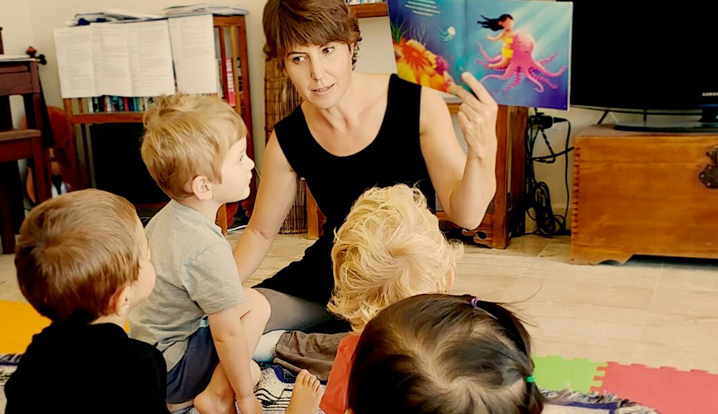
I believe that Kindermusik is the perfect program for supporting the development of young children, with everything from their fine and gross motor skills, to their language development, to their self-confidence, as well as their developing musicality. Music and movement classes for young kids are not only about learning music! It provides the perfect platform for all sorts of developing skills, including literacy and mathematical skills as they grow. Being a part of this development and growth with young kids is very special; watching their self-confidence grow as they interact with other kids and adults, watching them learn new skills, watching them explore all the different ways they can move their bodies. It is also so much fun! We dance, play games, play instruments, laugh and interact in lots of different ways. Classes also provide tools for parents to play with more purpose with their kids at home, enjoying each other whilst also supporting their learning and development. The tools from the Kindermusik classroom can also help with transitions and other challenges we face as parents of young kids.
Do you have any stories from parents on how music lessons affected their children?
One child who comes to mind is now three and when he first started coming to classes with me, he was a very shy two-year-old who would not leave his mums lap. He is now one of my most enthusiastic kids! He is still not very outgoing, but he follows all the activities in class so carefully (he’s quite a sensible three-year-old!) and enjoys doing the same activities at home. He also now sings goodbye to me at the end of class! Watching his self-confidence grow has been really special
.

Another example I’d like to share is of a little girl who is at the wandering age – she is not yet two. This is really normal and we integrate lots of movement into class for this reason. But every time I sing the cleanup song, or the listening song, or the storytime song, she is with me immediately, coming to help clean up, or join in the new activity. Kindermusik activities are really great in helping kids with transitions, which are a challenge for most young kids, and can really help make home life easier and more peaceful for everyone. A final example I would like to share is about impulse control and our own toddler.
In class, we do lots of stops and start games, loud and soft games, fast and slow games – all these help kids to manage their natural impulses. When our own two-year-old is about to start running around the swimming pool, all I have to sing is “slowly slowly” from one of our Kindermusik songs and he immediately slows down!
How do you manage taking care of your house and your kids and to have a business where you have children constantly coming you to your place?
We have a wonderful nanny who makes it all possible! I work a lot at night, although I try to protect the weekends for my family as much as I can. I truly love having families through our home each day so that is not a problem at all. But with the help of our nanny, we manage to keep a clean house and well-fed kids. We shop on the weekends, and I try when I’m not teaching in the day to be present and available for our kids as much as possible.
before having kids I was very career driven and had very clear ideas of what I wanted to achieve professionally (in International Health as it happens!). After I gave birth to our first son, everything changed for me.
How has motherhood changed you? and what was the most challenging part of it?

What a challenging question! The biggest challenge I have is not having the day to day support of my parents in helping with our boys. We miss family a lot, and even with a wonderful nanny, it isn’t the same as the support that you can get from a committed and close family as I have. Motherhood has changed me enormously. I completed my second master's degree when our oldest son was 9 months old; before having kids I was very career driven and had very clear ideas of what I wanted to achieve professionally (in International Health as it happens!). After I gave birth to our first son, everything changed for me. Being with him, helping him grow and develop, and caring for his every need became the focus of my life. As they have grown I am very lucky to have been able to come back to my beginnings, as a musician, and share my love of children and music with other families here in Jordan, whilst also being there for our boys as they need.
What are the most important values that you want to pass on to your kids?
Caring for others. Empathy. Looking out for and standing up for people who are not as lucky as we are. Caring for our environment so that it is there for their future and the future of their kids.
What's your advice to moms in the Arab world?
Try to enjoy your kids as much as you can. They are only young for such a short time. Co-sleeping and broken nights and meltdowns and food strikes are all temporary. It is so hard to hold on to this perspective in the midst of the daily grind of parenting! But if you hold your child more, be truly present with your kids, lie with them as they go to sleep, enjoy the pace and imagination of young children, and tell them every day that you love them even when feelings of frustration overwhelm you, you will be a happier mum and you will have a happier family. This goes for any mum (me included!), not just mums in this part of the world.

